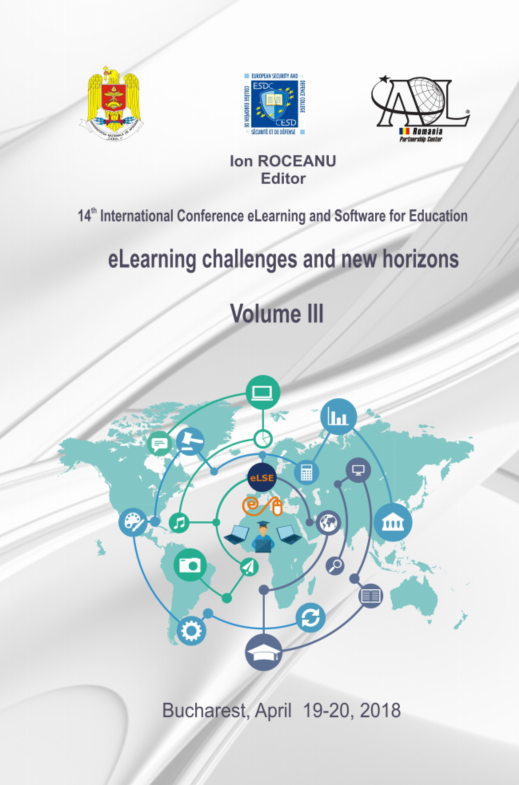Is Q for DQ? Applying Q-methodology for Researching Digital Intelligence
Is Q for DQ? Applying Q-methodology for Researching Digital Intelligence
Author(s): Loredana Manasia, Mirela-Cristina NEGREANU, Melania MacoveiSubject(s): Social Sciences, Education
Published by: Carol I National Defence University Publishing House
Keywords: Q-methodolgy; Digital Intelligence; Subjectivity; Factor Analysis;
Summary/Abstract: Most approaches to investigating research topics in the field of education and educational psychology are based on objectivity criteria. In some cases, subjective perceptions are considered to be biased and unreliable. The present paper draws upon a growing interest in emphasizing the use of Q-methodology in the field of education research. The article suggests that Q-methodology could be appealing for the research of digital intelligence as well as for other topics related to the area of education research. This positional paper aims to expand knowledge about the use of subjective methodologies and to set theoretical and methodological grounds to apply this specific methodology in the process of data collection and analysis. Therefore, the article depicts a corpus of scholar opinions to analyzing the concept of digital intelligence. Given that the concept of digital intelligence has a strong self-explanatory note, most of the authors preferred omnibus definitions for its enlightenment. The authors assert the need to formulate a definition of the construct rather than focusing on its dimensions. Thus, they use the Cattell–Horn–Carroll theory (CHC model) of intelligence to create the definition of digital intelligence. Based on this theoretical ground, methodological considerations and case studies are discussed in relation to applying Q-methodology to researching subjective views of students. The Q-methodology is described as an approach to providing a systematic study of the human subjectivity. Drawing on a study on digital intelligence, the utility of the method is illustrated. To expand the use of the Q-methodology, relevant examples of studies conducted by other authors are discussed.
Journal: Conference proceedings of »eLearning and Software for Education« (eLSE)
- Issue Year: 14/2018
- Issue No: 03
- Page Range: 084-089
- Page Count: 6
- Language: English

